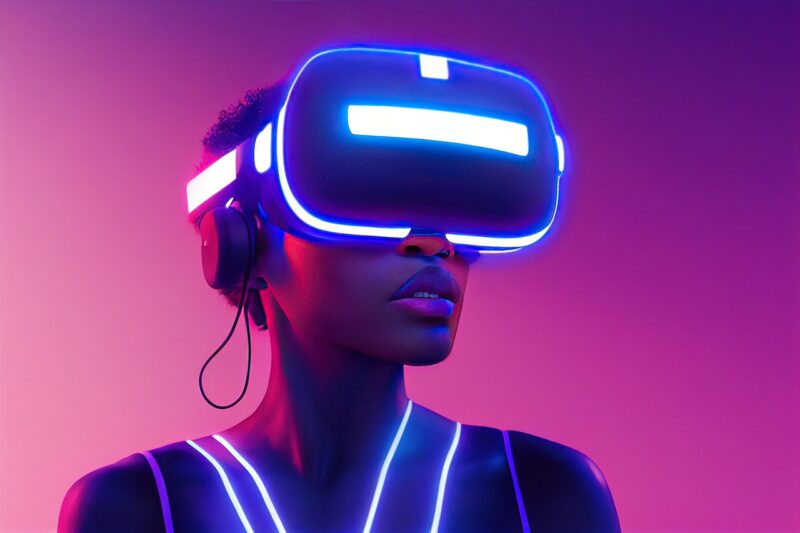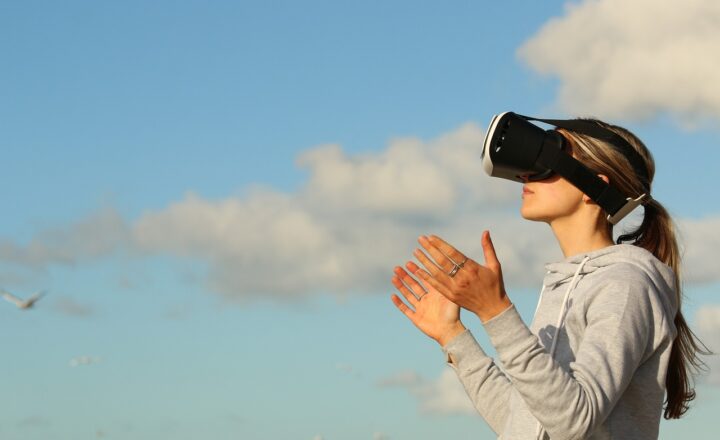How Reality TV in the 2000s Crossed Boundaries and Left a Legacy of Mysteries
November 12, 2024

The 2000s marked a monumental shift in television programming, with reality TV coming to the forefront of cultural discourse. No longer confined to the fringes, reality television exploded in popularity, bringing viewers a raw and unfiltered glimpse into the lives of others. From unscripted competitions to dramatic relationship dynamics, these shows ventured into territories that traditional media shied away from. As such, reality TV of the 2000s crossed several boundaries and has left an enduring legacy filled with mysteries that continue to intrigue audiences today.
1. The Birth of Reality TV: A Cultural Phenomenon
Reality TV as we know it began gaining traction in the late 1990s but truly soared in the 2000s. Programs like “Survivor,” which premiered in 2000, took viewers to remote islands where contestants fought for survival and for a cash prize. Audiences were captivated by the unscripted, sometimes brutal, nature of these series.
As millions tuned in, it was clear that reality television spoke to a broader cultural shift: the desire for authenticity and connection in an increasingly digital world. The allure of watching ordinary people in extraordinary situations created a new genre that sought to break down the barriers between the viewer and the subject.
Some notable shows include:
- American Idol: This singing competition launched the careers of numerous artists and brought talent shows to primetime television.
- The Osbournes: A peek into the unruly life of rock star Ozzy Osbourne showcased a new blend of celebrity and family dynamics.
- The Real World: A groundbreaking series that focused on the lives of diverse individuals cohabitating, tackling real issues such as race, sexuality, and class.
Their influence and popularity changed the production and consumption of television forever.
2. Crossing Boundaries: Where Reality Meets Fantasy
While ostensibly based on real-life events, reality TV blurred the lines between truth and entertainment. Producers often curated storylines, manipulated scenarios, and cast individuals based on their potential for drama, thus altering the authenticity that viewers believed they were witnessing.
Reality TV birthed new subgenres, including:
- Competition Shows: Programs that pit contestants against one another to win a prize, leading to fierce rivalries.
- Docusoaps: Combining documentary and soap opera styles, these shows followed individuals in unscripted circumstances laden with melodrama.
- Social Experimentation: Shows like “Big Brother” and “Fear Factor” pushed contestants and viewers to their limits, inviting viewers to consider ethical dilemmas and societal norms.
This blurring of lines raised ethical questions about manipulation, voyeurism, and representation, leading many to wonder about the authenticity of reality itself.
3. The Impact of Reality TV on Celebrity Culture
The 2000s also witnessed the emergence of reality stars, transforming what it meant to be a celebrity. Individuals like Kim Kardashian and Lauren Conrad became household names through their reality shows, showcasing the power of visibility and personal branding. Careers were built on an individual’s ability to navigate life in front of a camera, often leading to lucrative opportunities.
Moreover, the presence of social media significantly impacted this evolution. Stars could interact with fans more directly, share behind-the-scenes moments, and influence public opinion in real-time. The dark side of this fame also emerged, showcasing the sometimes toxic relationship between celebrity culture and public expectations.
The desire to consume more content led to the phenomenon of celebreality, merging fame with the everyday. The mystique surrounding these stars often overshadowed the reality of their lives, creating a complex relationship between viewers, stars, and media.
4. The Legacy of Reality TV: A Continued Enigma
Even decades later, the reality TV shows of the 2000s leave a complex and challenging legacy. Numerous shows have remained popular, while new iterations keep emerging every day. From “The Bachelor” to “Keeping Up with the Kardashians,” the DNA of 2000s reality still flows through modern television.
The mysteries tied to these shows invite constant scrutiny and debate. Viewers often grapple with questions about:
- What is real and what is staged?
- How do producers shape narratives?
- What are the ethical boundaries involved in creating entertainment?
The conversations surrounding these questions have become an essential part of media studies and cultural discourse. In many ways, reality TV opened up discussions about societal norms, morality, and the nature of truth in entertainment.
5. Conclusion: The Future of Reality TV
The legacy of 2000s reality television continues to evolve. With advancements in technology and changes in viewer expectations, reality TV now encompasses a broader spectrum, including streaming platforms and international formats. While newer shows still push boundaries—like “Love is Blind” and “The Circle”—they follow in the footsteps of their predecessors, showcasing an enduring fascination with authenticity and the human experience.
As we reflect on the impact of reality TV in the 2000s, it is clear that it was more than mere entertainment; it was a cultural phenomenon that reshaped our understanding of reality, celebrity, and voyeurism. The mysteries it left behind continue to capture our imagination, inviting us to question the boundaries of what we deem reality to be.







